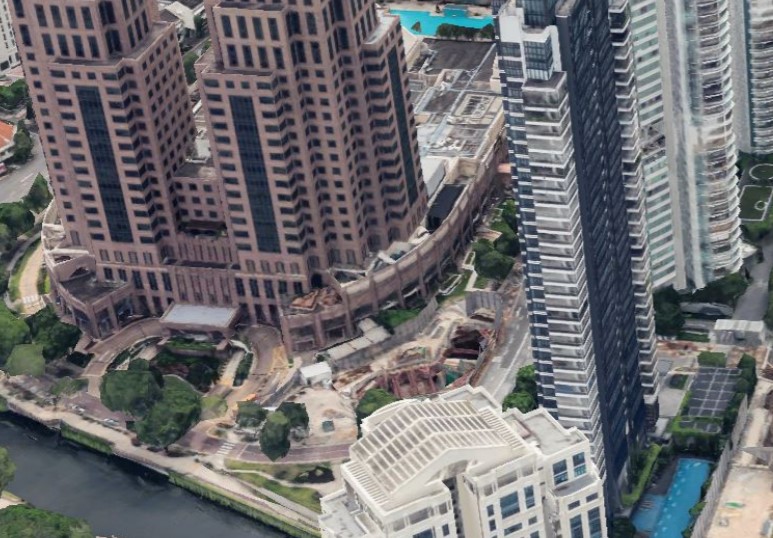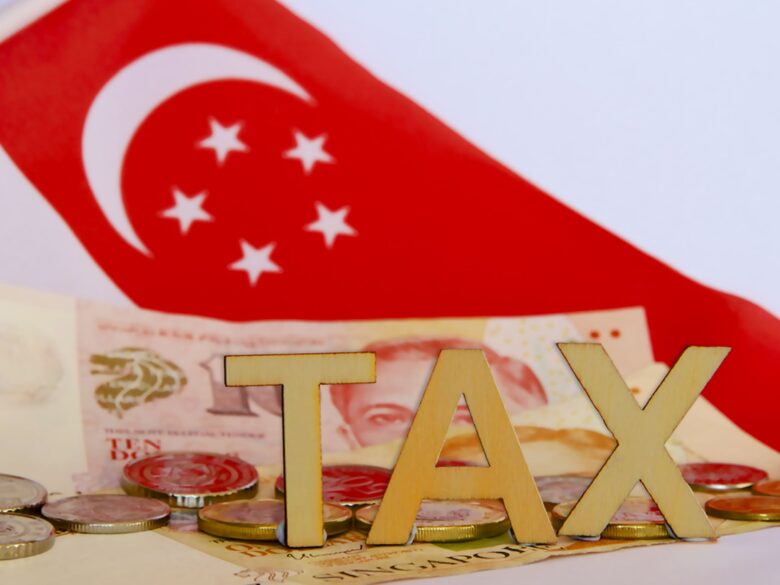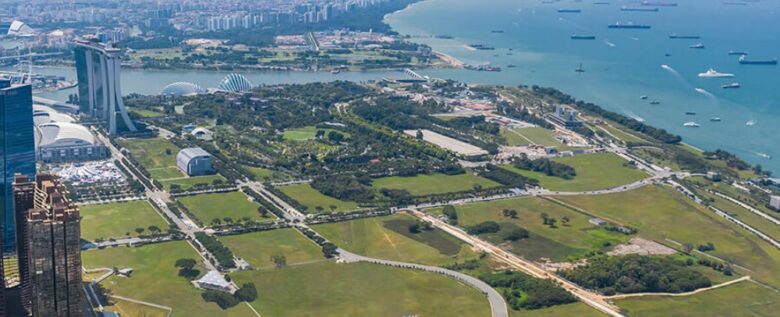Buying property requires strategy. The right move depends on goals, risk tolerance, and market conditions. Some investors prefer new projects, others see value in older buildings. The decision is not simple. Making the wrong choice can cost thousands, so understanding the strengths and weaknesses of each option is crucial.
Contents
- New Developments – The Appeal of Modern Living
- Existing Properties – Stability and Immediate Returns
- Price Trends and Market Conditions
- Government Policies and Tax Considerations
- Choosing the Right Location for Maximum Returns
- Luxury Developments – Premium Investment Choices
- New vs. Resale – Which One Wins in a High-Interest Market?
- Hidden Costs That Investors Often Overlook
- Final Thoughts
Key Points:
- Market conditions determine whether new or resale units offer better value.
- New launches come with modern amenities and warranties.
- Resale properties offer immediate rental income and established locations.
- Taxes, maintenance costs, and appreciation potential must be factored in.
- Government policies influence investment profitability.
New Developments – The Appeal of Modern Living

New properties attract buyers looking for cutting-edge designs and luxury features. Projects like River Green set new standards for quality and sustainability. Developed by Wing Tai Holdings, River Green offers state-of-the-art facilities and eco-friendly designs. Investors eyeing premium living spaces see potential in such developments.
Freshly built properties bring significant advantages to the table.
- Brand-New Infrastructure: Lower maintenance costs and fewer immediate repairs.
- Modern Layouts: Open floor plans with smart home integrations.
- Sustainability: Green certifications attract eco-conscious buyers and tenants.
- Attractive Payment Plans: Staggered payments reduce financial strain.
However, new projects do not come without risks. Prices are usually set at a premium. Delays in construction can also impact cash flow for investors aiming for rental income. Buying early does not always guarantee maximum appreciation, as the final price is influenced by market conditions.
Existing Properties – Stability and Immediate Returns
Older properties appeal to those who want established locations and immediate rental income. Unlike new developments, there is no waiting period for completion.
Many investors prefer existing units for several reasons:
- Immediate Rental Income: No need to wait years before tenants move in.
- Established Neighborhoods: Schools, shopping malls, and public transport are already in place.
- Transparent Pricing: Past transaction data provides a clear idea of market value.
While resale units offer convenience, they can come with hidden costs. Older buildings may require extensive renovations. Maintenance fees can be higher, especially in properties with outdated facilities. Evaluating long-term upkeep costs is necessary to avoid financial surprises.
Price Trends and Market Conditions
Supply, demand, and policy shifts shape property trends. Investors should analyze price per square foot (PSF), rental yields, and transaction volumes.
Current Observations:
- New projects push prices higher in prime locations.
- Resale units in matured estates retain strong rental demand.
- Loan-to-value (LTV) ratios impact financing strategies.
- Urban transformation projects boost capital appreciation in selected areas.
Government Policies and Tax Considerations
Investors must factor in costs beyond the purchase price. Taxes and regulations shape profitability.
Key Taxes and Levies:

Source: ondemandint.com
- Buyer’s Stamp Duty (BSD): Applied based on property price.
- Additional Buyer’s Stamp Duty (ABSD): Higher for foreign investors.
- Property Tax: Varies depending on whether the unit is owner-occupied or rented.
- Seller’s Stamp Duty (SSD): Applies when selling within a short timeframe.
Singapore’s government implements cooling measures to manage property speculation. Foreign buyers face additional costs, so calculating total expenses is critical before committing to an investment.
Choosing the Right Location for Maximum Returns
Not all areas perform the same in terms of appreciation and rental yield. Some districts see better growth due to government initiatives and urban redevelopment.
High-Growth Areas:
- Central Business District (CBD): Strong rental demand from professionals.
- Jurong Innovation District: Future business hub, increasing property value.
- Greater Southern Waterfront: Long-term transformation makes it a strategic choice.
- Paya Lebar Quarter: A growing commercial and residential hotspot.
Investors should also assess MRT connectivity, lifestyle amenities, and upcoming infrastructure developments when deciding on a location.
Luxury Developments – Premium Investment Choices

One marina gardens
Projects like One Marina Gardens appeal to high-net-worth buyers. Developed by Kingsford Development, One Marina Gardens combines luxury with functionality. Investors seeking premium properties recognize the long-term value of such projects.
Why Luxury Properties Stand Out:
- Prime locations ensure sustained demand.
- High-end developments attract affluent tenants.
- Exclusive facilities enhance long-term value.
New vs. Resale – Which One Wins in a High-Interest Market?
High interest rates impact affordability. Investors should adjust strategies based on financing costs and projected yields.
Considerations in a High-Rate Market:
- New Launches: Might offer better financing incentives.
- Resale Properties: Potential for better negotiation on price.
- Fixed vs. Floating Loans: Choosing the right loan structure minimizes risks.
Let’s take two real properties in Singapore that fit the scenario outlined. We will compare an actual new launch with a resale property in a similar price range and location.
Investor A – New Launch at The M (Bugis)
- Purchase: In 2020, an investor buys a 2-bedroom unit at The M for $1.8M.
- Holding Period: The project is under construction, with completion in 2023. During this time, no rental income is earned.
- Sale Price in 2024: Due to the prime location and high demand, prices appreciate, and the unit is sold for $2.2M.
- Total Profit: $400K before taxes and transaction costs.
- Downside: No rental income for three years, and capital was locked up without immediate returns.
Investor B – Resale Unit at Duo Residences (Bugis)
- Purchase: In 2020, an investor buys a 2-bedroom unit at Duo Residences for $1.6M.
- Rental Income: The property is immediately rented out for $5,500/month, generating $198K in rental income over three years.
- Sale Price in 2024: The unit appreciates in value, and the investor sells it for $2.0M.
- Total Profit: $400K capital gain + $198K rental income = $598K before taxes and transaction costs.
- Additional Advantage: Investor B had a steady cash flow, reducing financial risks.
Key Takeaways:
- Both investors gained from appreciation, but Investor B had an extra $198K in rental income.
- New launches often appreciate well, but they require patience as no rental income is available during construction.
- Resale properties provide immediate cash flow and lower initial costs, making them attractive for investors needing passive income.
- Location is crucial. Both properties were in Bugis, a high-demand area, ensuring strong resale value.
In this case, the resale property proved to be the better financial choice, though new launches can still work for those with a longer investment horizon.
Hidden Costs That Investors Often Overlook

Source: dreamwork.financial
Beyond purchase price and taxes, there are ongoing expenses to factor in.
Unexpected Costs to Prepare For:
- Maintenance Fees: Older buildings have higher upkeep costs.
- Renovations: Resale units may require upgrades.
- Agency Fees: For tenant management if renting out.
- Vacancy Periods: Plan for months without rental income.
Investors must calculate all these expenses before making a decision.
Final Thoughts
New projects bring modern conveniences, while resale properties offer stability. Both options have strengths. Investors should evaluate financial goals, market conditions, and risk factors before making a decision. A well-informed approach leads to better returns in any market environment.
